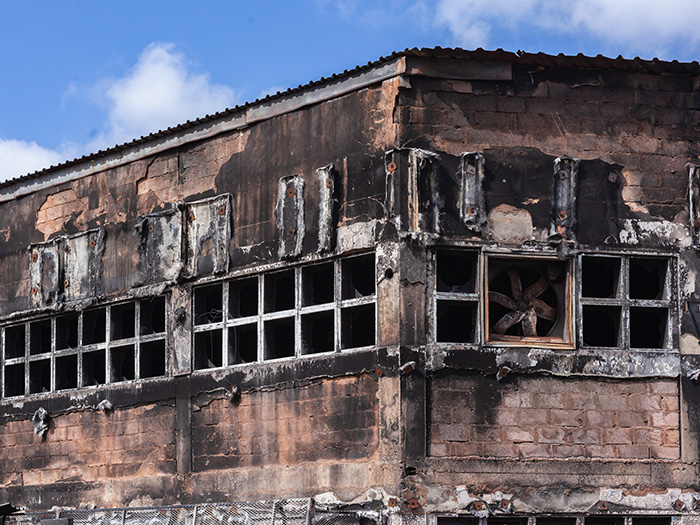Legal Roundup: Apple on the Hook for Millions, Hotels Caught in Human Trafficking Scandal and More

Apple to Pay $500 Million to Settle Slowing iPhone Class Action
The Case: If you ever thought your iPhone was suddenly running slower than normal, you’re not alone.
A group of iPhone owners sued the tech giant claiming that it intentionally slowed down the processing speed of older models to compel people to upgrade to new ones.
In 2017, Apple admitted to slowing down iPhone speeds but “said it was aimed at addressing issues with older lithium-ion batteries that would make the phones suddenly shut down to protect their components,” CNN reported.
The company later apologized and offered batteries at a reduced price.
Scorecard: Apple agreed to settle the case for up to $500 million. Certain owners will get $25 per affected device.
“iPhone users in the United States can file settlement claims if they owned an iPhone 6, 6 Plus, 6S, 6S Plus, 7, 7 Plus or SE device bought before December 21, 2017,” according to CNN.
Takeaway: Consumers expect pricey electronics to last. Purchasing a new smartphone every year or two just isn’t in the cards for many people.
As for Apple, the settlement represents a drop in the bucket for the company, which is worth more than $1 trillion.
Big Hotel Chains Sued Over Sex Trafficking
The Case: Some of the world’s largest hotel chains are facing dozens of lawsuits claiming they ignored sex trafficking at their properties.
The Wall Street Journal tells the harrowing tale of a woman forced into prostitution, claiming hotel operators turned a blind eye to images like “underdressed women loitered in hotel lobbies while men wearing gold chains waited their turns,” according to the newspaper.
Hilton Worldwide Holdings, Marriott International and Wyndham Hotels & Resorts are among defendants. All three chains say they train employees to spot and report human trafficking.
Scorecard: The cases are in their early stages, so the outcomes are uncertain.
Takeaway: The cases could depend on how much the hotel operators and their parent companies should have known about potential sex trafficking through its mentions in online reviews or what employees could see or hear in plain sight.
In October, a district judge in Ohio ruled that one accuser “didn’t sufficiently demonstrate Wyndham had knowledge of the purported trafficking, but did show it should have known, which is all the law requires,” the Wall Street Journal reported.
Workers’ Comp Award Goes From $25 Million to $558,000
The Case: In 2009, Toby Thorton was left permanently disabled in an accident while driving a truck for a company called Clayton County Recycling.
“His workers’ compensation claim was approved, and he began receiving benefits from American Interstate Insurance Co. Over time, disputes developed with the company as Thornton sought continued medical care, a new wheelchair and a financial settlement,” according to the Associated Press.
That led to a 2013 court case and a jury award of more than $25 million for Thorton — as well as a 2018 case and another $6.75 million upon appeal.
Scorecard: The insurer appealed again, and the Iowa Supreme Court drastically reduced Thorton’s benefits to a mere $558,000.
It found that “delays in Thornton receiving a new wheelchair were not the insurance company’s fault. The court also found the company could not be held responsible for some of his financial claims tied to a delay in receiving a negotiated lump-sum settlement,” according to the AP.
Takeaway: Workers’ comp cases can drag on for long periods of time. When an employee is disabled on the job, best practice then is to treat them with respect and not as a potential adversary in court. &








